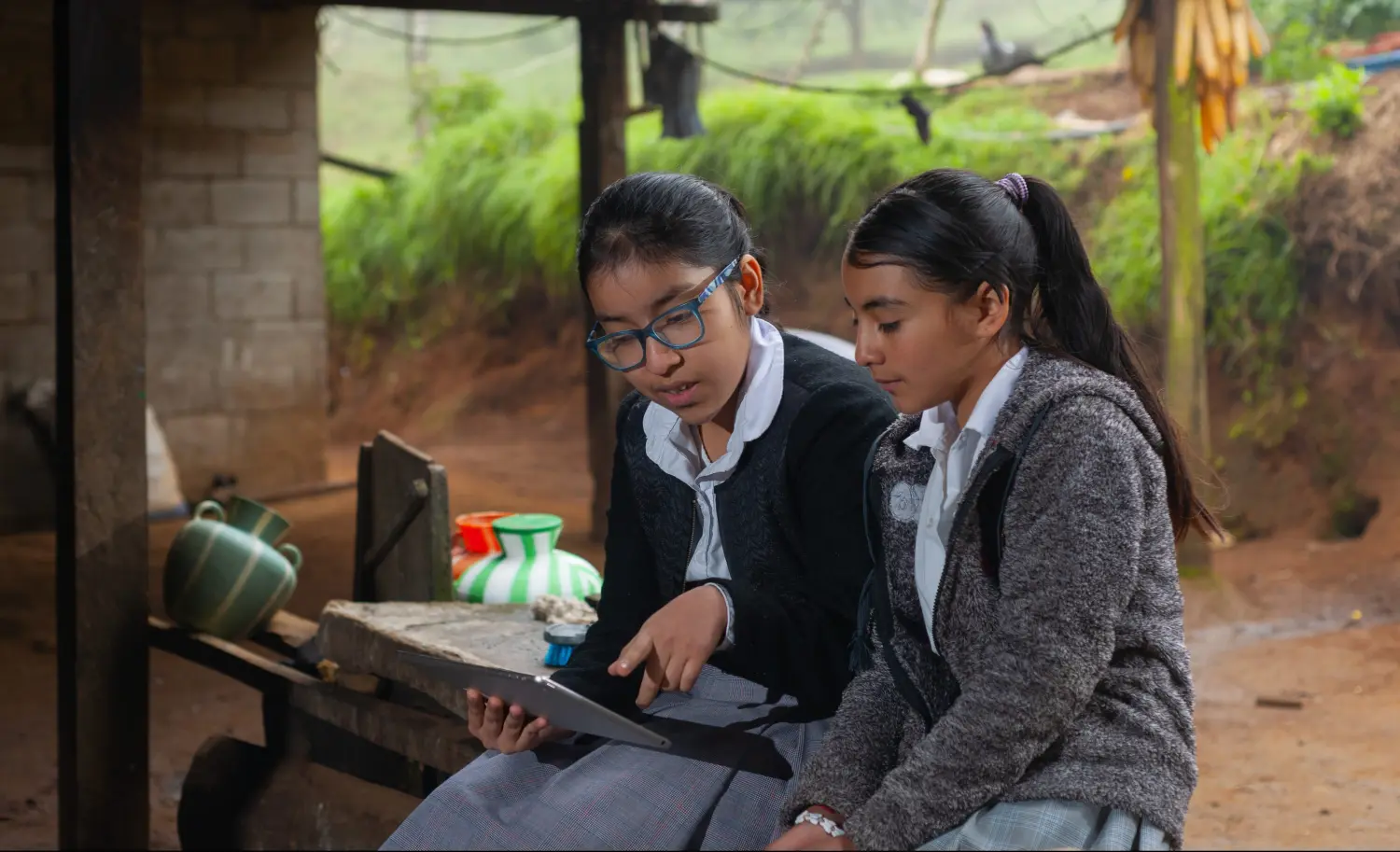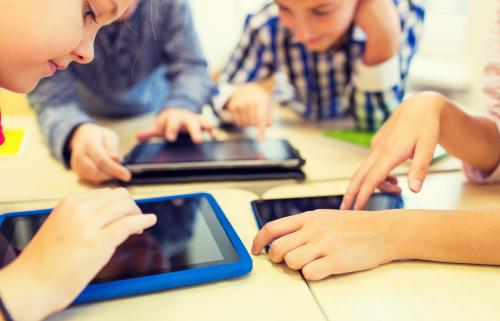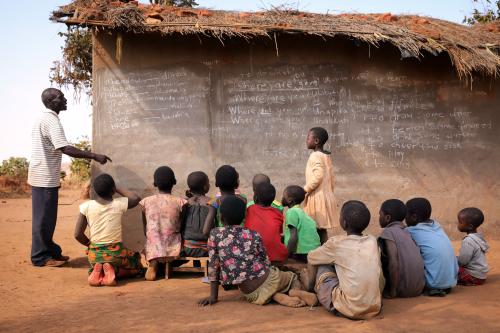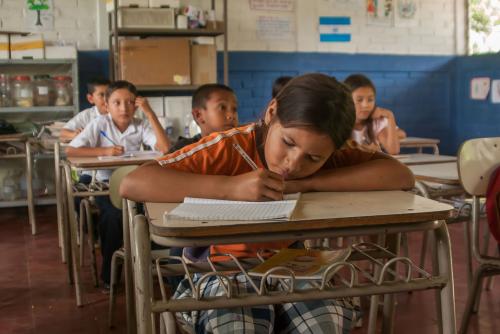1. Introduction
The COVID-19 pandemic’s toll on humanity worldwide cannot be overstated. To date, over 6 million deaths across the globe have been documented. Economic growth globally slowed down, and many more individuals fell into poverty. The World Bank estimates that, due to the pandemic, about 97 million more people are living in poverty, and the global poverty rate will increase from 7.8 to 9.1 percent. Even as the global economy is beginning to bounce back, the pandemic will lead to rising poverty and widening inequality across the world.
Meanwhile, leading global institutions as well as governments have been primarily focused on mitigating the spread of COVID-19 through vaccines, tests and treatments, and fiscal and monetary policies to set the conditions needed for private investment, job creation, and economic growth. The urgent need to implement policies and programs to mitigate the lasting impacts of the COVID-19 school closures on learning has received much less attention globally.1
In this brief, I focus on Colombia, which, like most countries globally, closed its schools in March of 2020. As throughout most of Latin America, Colombian schools remained closed for over a year, and they only began to gradually reopen in July 2021. I explore the pandemic’s impact on student learning by analyzing trends in student achievement in national assessments from 2015 to 2019 and comparing them with student achievement in the same national assessments carried out in 2020 and 2021. I also explore the extent to which students in subnational territories (ETCs)—the equivalent to U.S. states, except some are certified by the national government to have more autonomy in spending than others—with different lengths of school closure periods experienced varying levels of learning losses.
My findings indicate that COVID-19 had a significant impact on student learning in Colombia. The effects were greatest for female students and students from wealthier backgrounds, a surprising finding given that studies from other countries have found that students from socioeconomically disadvantaged households suffered larger learning losses than their peers from wealthier households. A plausible explanation is that in Colombia students from wealthier backgrounds tend to attend better schools. I also find that learning losses due to COVID-19 were lower in ETCs that provided access to in-person schooling sooner.
2. Data
I use student achievement data from Colombia’s National Institute for Education Evaluation (ICFES). Since 2000, Colombian students in 11th grade (the last year of mandatory education) are required to sit for the Saber 11 assessment. The one exception was 2020, when due to COVID-19, the assessments did not take place.
Saber 11 evaluates students in reading, math, civic competencies, natural sciences, and English language, and it also collects background information on students’ socio-demographic variables. The subject assessments are scored on a scale of 0-100 points, and thus the maximum global score for all subjects is 500 points. I constructed a panel that includes a total of 2,754,862 observations of Colombian students’ test scores in all Saber 11 subjects for the years 2015-2021 (except 2020). In estimating the impact of COVID-19 on student learning, I included variables to account for differences by student socioeconomic background, gender, and the ETC of his or her school.
3. Findings
Impact of COVID-19 on student learning
I analyzed the pandemic’s impact on student learning by comparing student learning outcomes as measured by the Saber 11 national assessments during five years prior to the pandemic (2015-19) and two years after the onset of COVID-19 (2020-2021). Overall, the pandemic led to a 0.2 standard deviation decrease in average Saber 11 scores from previous years (see Table 1). While learning losses occurred in most of the subjects, the greatest losses were in English, social sciences, and critical reading (see Appendix Table A1).
Table 1. Impact of COVID-19 on standardized Saber 11 test scores, by subject 
Source: Author’s analysis using Saber 11 national assessments.
Female students suffered greater learning losses (on average, equivalent to 0.2 standard deviations less in Saber 11) than their male counterparts across all assessed subjects. Interestingly, students from socioeconomically advantaged households experienced greater learning losses than their peers from poorer backgrounds, ranging from 0.4 to over 0.6 standard deviations less in the Saber 11 assessments (see Appendix Table A1). A plausible explanation is that in Colombia, wealthier students are more likely to attend higher quality schools, and thus the nationwide school closures affected them more. This finding is consistent with recent research by Barrera, Quintero, Cañizares, and Arango (2022).
Impact of COVID-19 on student learning by differences in the length of school closures across subnational entities
Due to the federal nature of Colombia’s education system, subnational entities had decisionmaking authority over the timing of school reopenings. The resulting variation in length of school closures makes it possible to estimate the extent to which in-person schooling contributes to higher student achievement.
Figure 1. Relationship between share of students in school due to COVID-19 and change in learning, by ETC (2020-2021)
 Source: Author’s analysis using Saber 11 national assessments.
Source: Author’s analysis using Saber 11 national assessments.
As shown in Figure 1, the data suggest that students in ETCs that reopened schools sooner suffered lower levels of learning loss. An increase of 10 percentage points in the share of students who had access to in-person schooling is associated with an increase of one-half point in Saber 11 average scores (see Appendix Table A2).
4. Discussion
The impact of the COVID-19 school closures on student learning in Colombia and the rest of the world is deeply troubling. Ample research has shown that student learning is associated with higher earnings, lower unemployment, and increased economic growth for entire nations.2 Prior to COVID-19, Colombia ranked 61st among 77 participating countries in the Organization for Economic Cooperation and Development’s 2018 Program for International Student Assessment (PISA), and the COVID-19 school closures threaten to dial back years of progress in expanding access to quality education in Colombia and in much of the globe.
Across most subjects assessed among students in the last year, I found COVID-19 had significant impacts on student learning in Colombia. However, female students suffered greater learning losses than their male peers. Notably, students from higher-income backgrounds suffered greater learning losses than their peers from lower-income households. This finding suggests a reduction in learning gaps in Colombia across socioeconomic status.
My findings shed light on the role of in-person schooling on student learning. First, I found that subnational governments that made in-person schooling accessible to more students had better student learning outcomes in 2021. Importantly, the findings suggest that the quality of in-person schooling matters, as Colombian students from higher-income households—who tend to attend higher quality (often private) schools then do students from poor households—suffered greater learning.
A clear policy implication is that keeping schools open should be a priority for Colombia. Additionally, improving the quality of schools, especially of those serving disadvantaged populations, is critical for Colombia to ensure that all students achieve the skills they need to thrive.
-
Acknowledgements and disclosures
The author is grateful to Laura Villa, who provided excellent research assistance, and to Paola Caro, Maria Alejandra Muñoz, and Diego Sánchez, who provided helpful insights throughout the development of the research for this policy brief.
The Brookings Institution is a nonprofit organization devoted to independent research and policy solutions. Its mission is to conduct high-quality, independent research and, based on that research, to provide innovative, practical recommendations for policymakers and the public. The conclusions and recommendations of any Brookings publication are solely those of its author(s), and do not reflect the views of the Institution, its management, or its other scholars.
Brookings gratefully acknowledges the support provided by Fundación Empresarios por la Educación.
Brookings recognizes that the value it provides is in its commitment to quality, independence, and impact. Activities supported by its donors reflect this commitment.
-
Footnotes
- For example, in the International Monetary Fund’s “World Economic Update” in January 2022, there is no mention of learning losses and their impact on future productivity and income inequality.
- For a recent review of the evidence, see Hanushek and Woessmann (2021).






